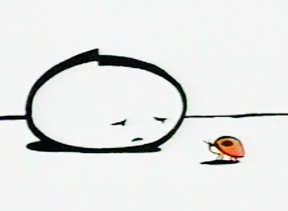The FDA wants to know how physician attitudes towards direct-to-consumer advertising have evolved since the agency last asked them, in 2002. If a snap poll by CMI/Compas is any indication, drug companies probably won’t like the answers.
CMI polled 104 physicians from its ByDoctor PULSE pool last week – half of them primary care docs, half specialists – and found them surprisingly grumpy about consumer advertising, 16 years after the FDA opened the floodgates to broadcast DTC.
More than half of those polled (52.9%, to be precise) said DTC should be scaled back, while another 18.3% said it should be eliminated altogether. Four-fifths said DTC leads to a preference for branded drugs when generics would suffice (78%), increases the cost of healthcare (78%) and encourages drug overutilization (81%).
Numbers like those should, if borne out by the FDA’s survey, have red lights flashing at industry trade groups and will provide plenty of fodder for the perennial legislative skirmishes over whether DTC should be reined in (we wrote about the ongoing DTC debate in our April cover feature). It’s evidence that pharmas are failing to make headway on improving the patient-physician relationship, said James Woodland, COO of CMI/Compas.
“As the industry is moving towards this more customer-centric focus, for all the money spent in DTC, so much appears not to address strengthening the physician-patient relationship, which is going to be critical as pharma moves beyond just selling pills,” said Woodland.
Over 89% of the docs polled by CMI said they’d received a specific medication request from a patient because of an ad, and 43% said they changed their prescribing as a result.
“This go-around, you’ve got this backdrop of ACA implementation, where the cost of healthcare is the big issue,” notes Woodland.
Every data point wasn’t so dire. Nearly half (48%) of docs polled would allow that DTC “informs, educates and empowers patients” at least “somewhat (43%).” More than two-thirds (68%) agreed that DTC ads encourage patients to contact a clinician and 64% agreed that ads promote patient dialogue with healthcare providers.
Last month, the agency said it would go ahead with a survey of 2,000 healthcare professionals, split four ways between general practitioners, specialists, NPs and PAs, to determine how attitudes towards consumer drug ads had shifted and size up HCPs’ “awareness of new and emerging drug promotion sites and practices.”
The agency’s 2002 survey was more modest, querying 500 physicians, and found physicians evenly divided on the question of whether DTC had a positive effect, a negative effect or no effect at all.








